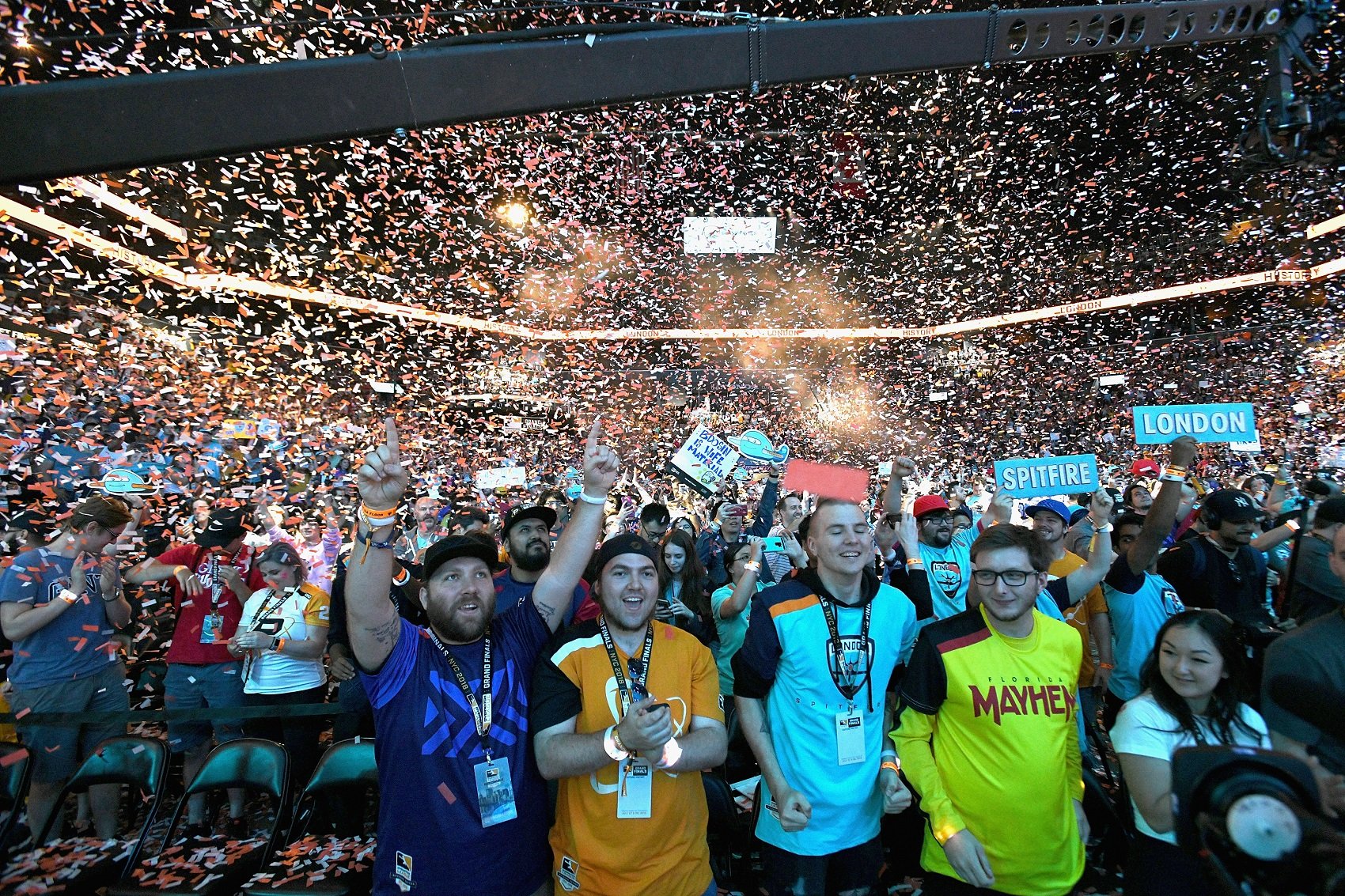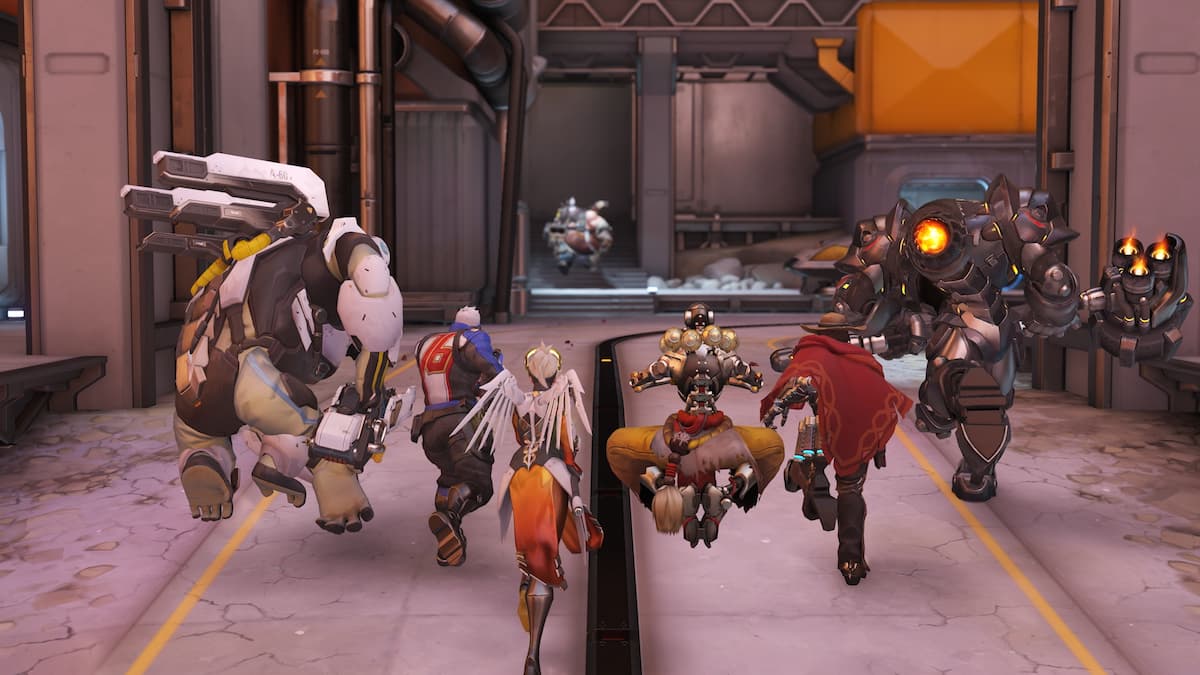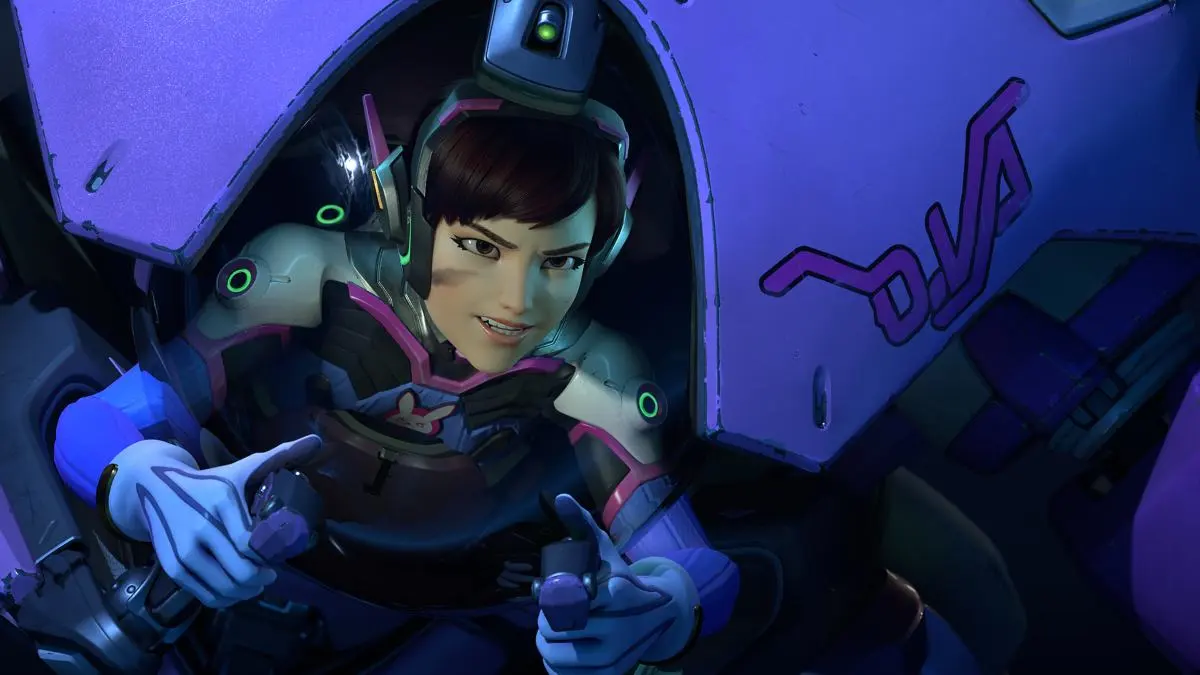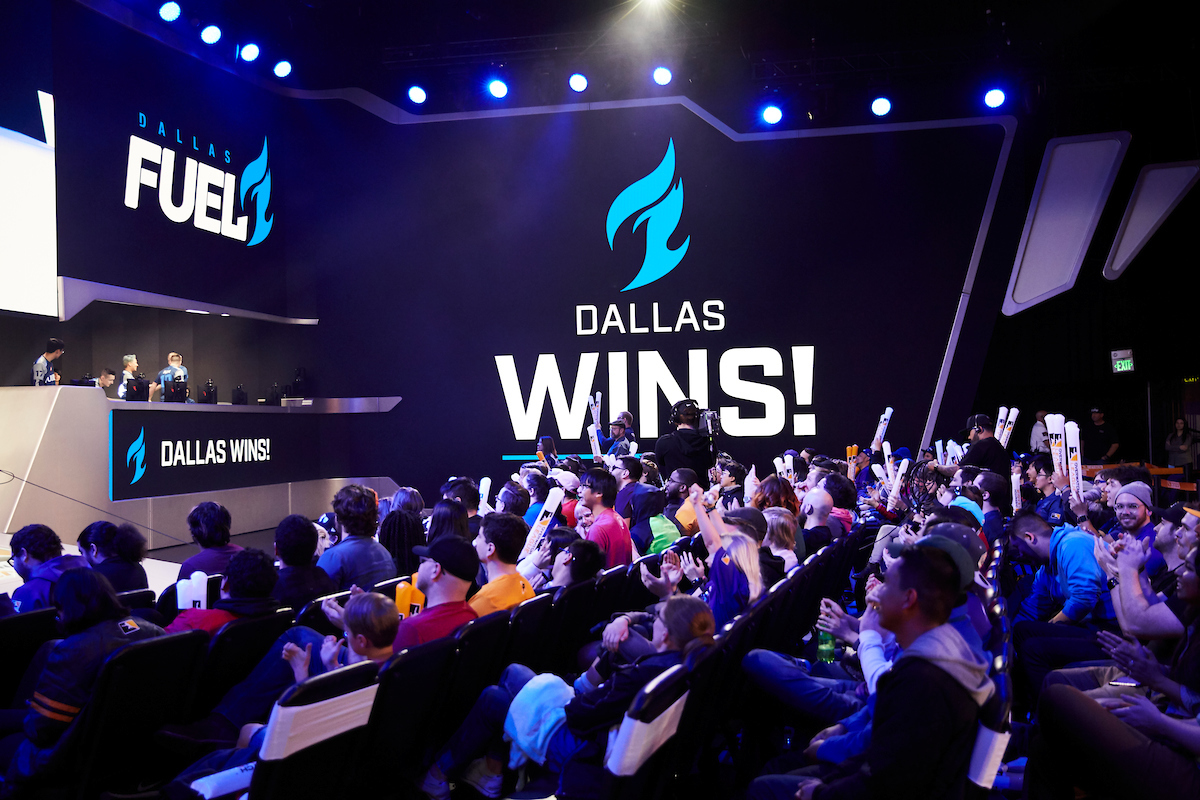The future of the Overwatch League is questionable at best after an Activision Blizzard financial statement revealed that the owners will effectively decide the fate of the league after this season. While one of the game’s original casters thinks the OWL will come to an end, they’re confident that Overwatch esports “will be better.”
Following the conclusion of the current OWL season, each of the owners will have a choice: agree to an “updated operating agreement” or choose not to continue under the new agreement and receive a $6 million termination fee. Combined with the report from The Verge that Activision Blizzard has laid off around 50 employees from its esports department, the outlook for the OWL is grim.
Erik “DoA” Lonnquist, one of Overwatch’s original prominent casters who started casting before the OWL was even founded, shares that grim outlook. “OWL seems more unlikely than ever to exist in its current form after this season,” he wrote on Twitter today. DoA departed the OWL after the second season in 2019, citing a lack of delivered promises and “the incompetence in the upper echelons of OWL leadership.”
Former Halo pro/caster and now G1 co-owner Hunter “Makowski” Swensson provided a thorough argument of what went wrong. The main trifecta of errors, according to Makowski, were the decisions to go with localized, city-based franchises, forcing “legacy” organizations to create new brands for the league, and the tens of millions of dollars orgs had to pay in franchising fees. With those franchising fees waived earlier this summer, many teams will be tempted to take the $6 million and split.
But the potential demise of the OWL can be attributed to more than just decisions made at the start. Over the past few years, both the league and its teams have seen a steady decline in revenue, due in part to both expiring media rights deals and a mass exodus of sponsors in the wake of the Activision Blizzard harassment lawsuit.
While many in the competitive Overwatch scene seem to believe that the OWL is done, there’s a lot of hope that Overwatch esports will continue. Some like DoA even think it “will be better” if “regional leagues with regional identity” and “MLG-style tournament weekends” return. Makowski also called for an “open and inclusive format” that encourages the path to pro.
The path forward won’t even necessarily be grassroots, though. With the Microsoft purchase of Activision Blizzard set to be completed potentially in late August, the massive tech giant could potentially hit the full reset button on Overwatch esports.







Published: Jul 19, 2023 12:15 pm